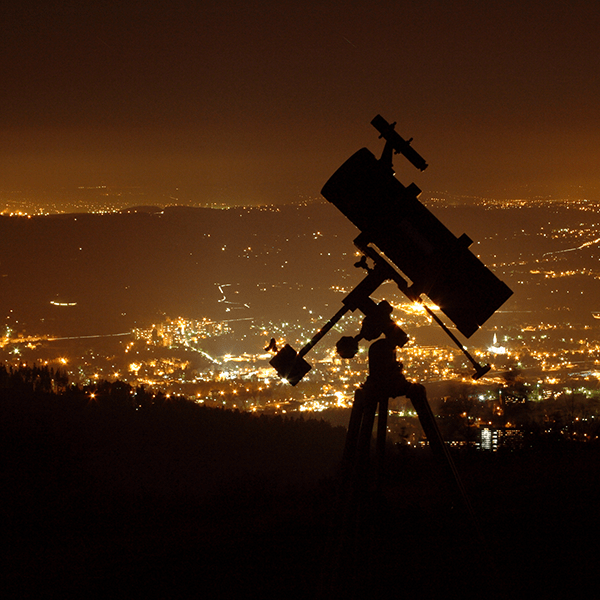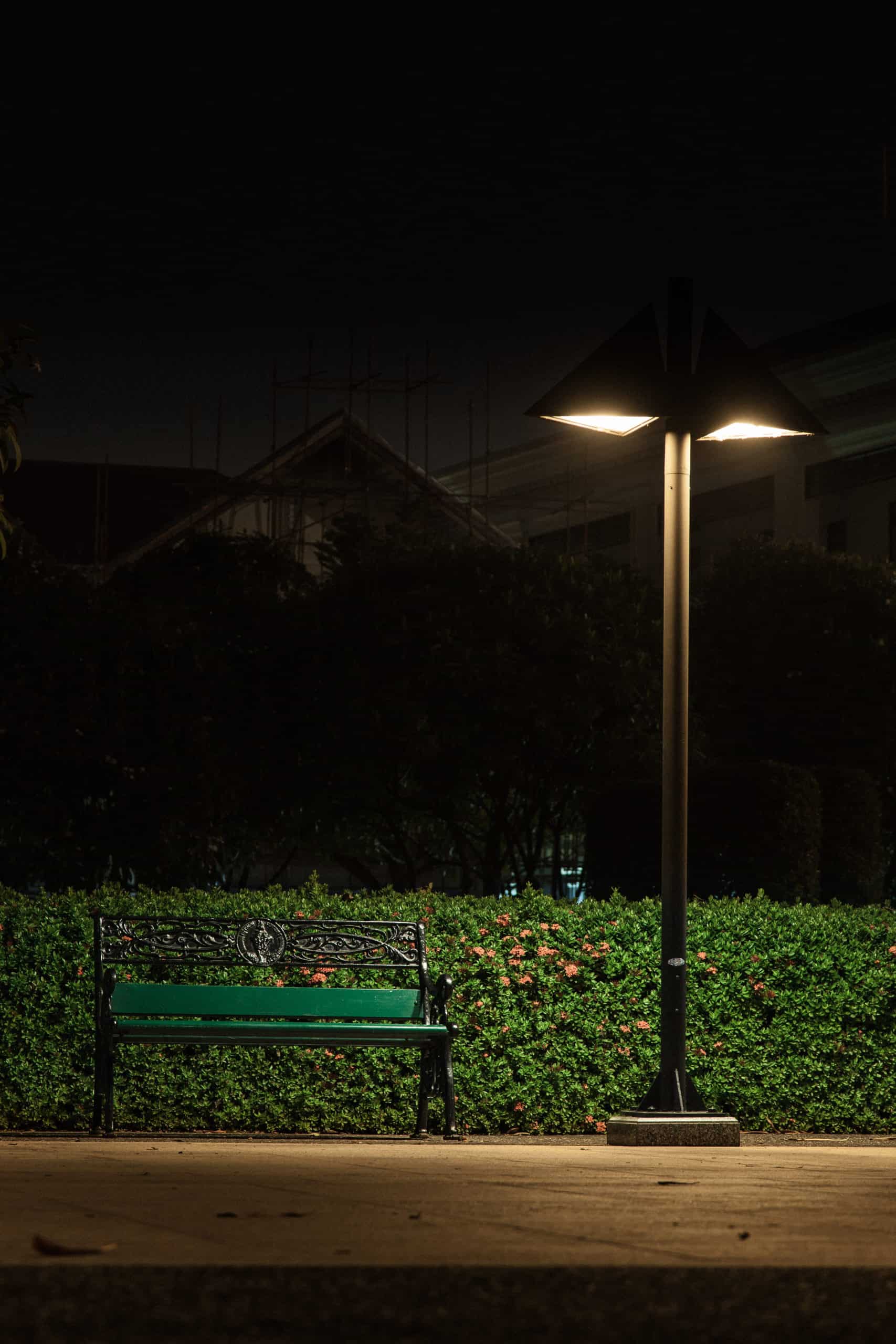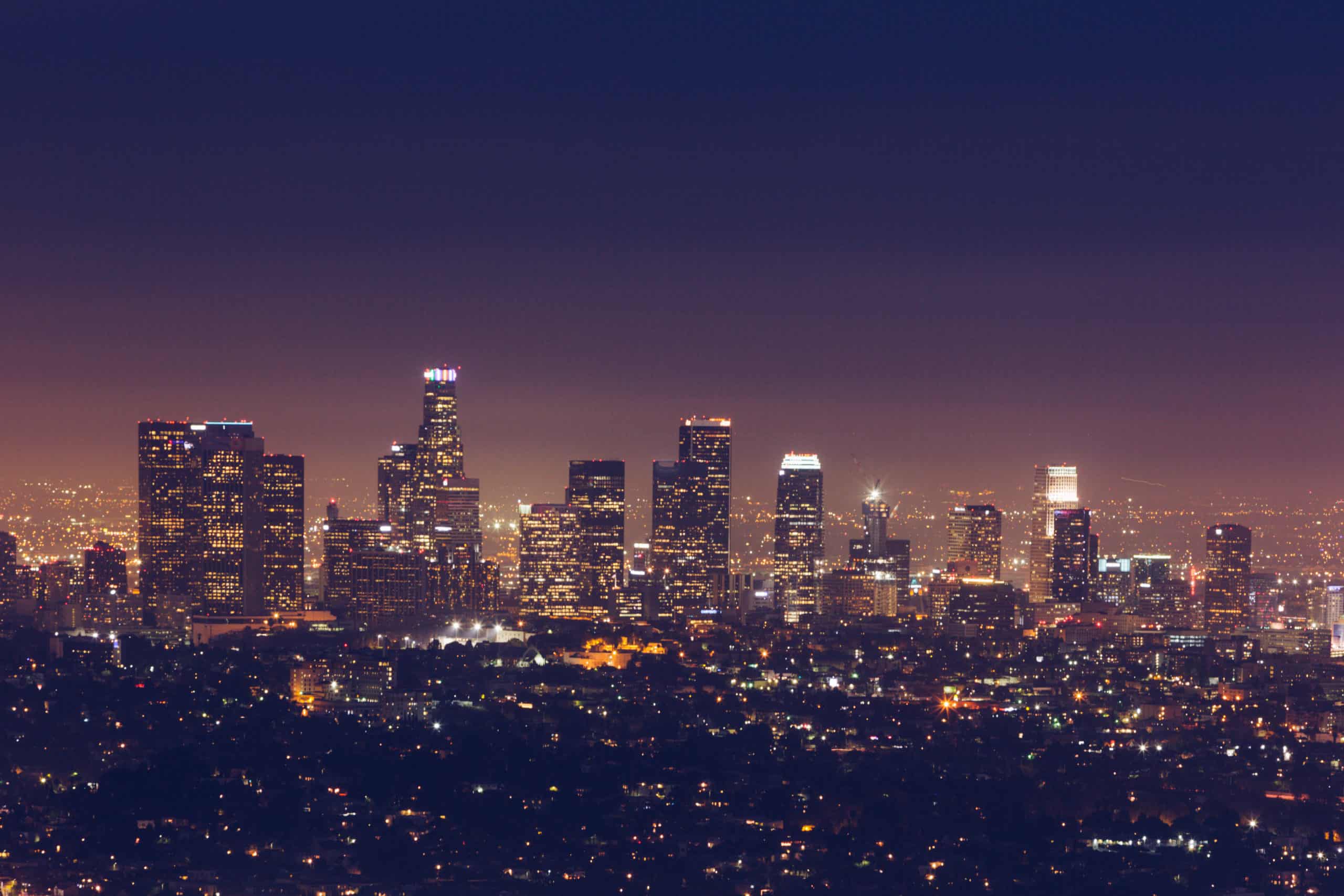This website uses cookies so that we can provide you with the best user experience possible. Cookie information is stored in your browser and performs functions such as recognising you when you return to our website and helping our team to understand which sections of the website you find most interesting and useful.
Addressing Light Pollution Alongside Energy Savings
The DLC’s LUNA requirements establish criteria for using the highest quality outdoor lighting at night – lighting that minimizes light pollution, provides appropriate visibility for people, and limits negative impacts to the environment. In addition to the benefits that appropriate lighting can provide to our outdoor environment, there are also energy savings to be captured by only using the right type of light, and only where it is needed.
LUNA sets performance requirements for specific categories of outdoor solid-state lighting so that energy efficiency programs, cities and municipalities, and all outdoor lighting decision makers can be confident that their selections save energy AND follow best environmental practices for nighttime lighting.


Responsible Lighting at Night: The Impacts of Light on Wildlife & Ecosystems

Responsible outdoor lighting for local governments.
LUNA Policy Development
The LUNA Technical Requirements have been developed with careful consideration for its impact on industry, environment, and end-users. We tap market experts, manufacturers, and other industry stakeholders to help establish verified, trustworthy requirements to keep the lighting industry at the forefront of carbon reduction efforts. LUNA requirements development follows the DLC’s 6-step process to craft comprehensive criteria that address the needs of our energy efficiency program members and industry partners alike.
| Version | Status | Effective Date | Update By | Delist Date | Documentation |
|---|---|---|---|---|---|
| ACTIVE | April 4 2022 | -- | -- | Download PDF |
Further Reading
Learn more about the effects of light on nighttime environments.
- [Webinar] Responsible Lighting at Night: Bridging the Inequality Gap – DLC
- Emphasizing Quality and Control of Light at Night – DLC
- Light Pollution Wastes Energy and Money – International Dark-Sky Association
- Light Pollution Effects on Wildlife and Ecosystems – International Dark-Sky Association
- Our Nights are Getting Brighter, and Earth is Paying the Price – National Geographic
- Designing Quality Lighting for People in Outdoor Environments – ANSI/IES LP-2-20 Illuminating Engineering Society
- Environmental Considerations for Outdoor Lighting – ANSI/IES LP-11-20 Illuminating Engineering Society
- IDA and IES announce strategic collaboration to advance quality lighting to reduce light pollution – Illuminating Engineering Society
© 2023 DesignLights Consortium. The DesignLights Consortium is a project of Efficiency Forward, Inc., a non-profit 501(c)3 organization. Privacy Policy Terms of Use





